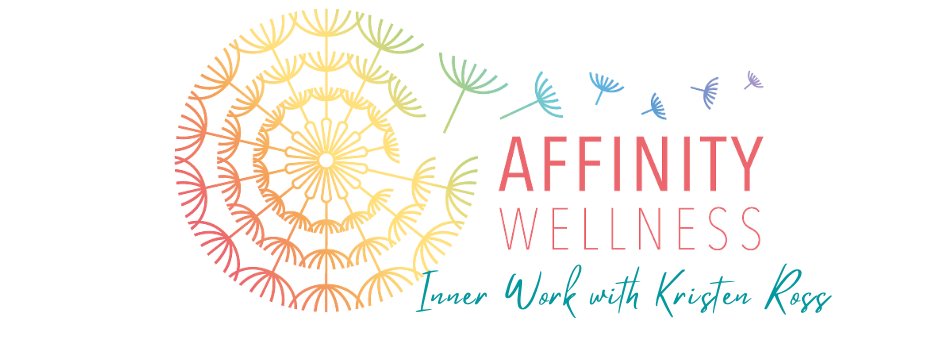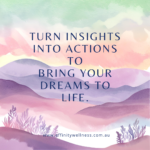Kinesiology for Depression
Kinesiology is incredibly effective in the treatment of depression. When combined with counselling during the session it is a power tool to help individuals resolve their past issues and gain the confidence they need to move forward.
What is Depression?
We can all feel sad, moody or low from time to time. However, some people experience these feelings intensely, for long periods of time (weeks, months or even years) and sometimes without any defined reason.
Depression is a serious illness that has an impact on both physical and mental health.
What causes depression?
Depression has a range of causes which include:
- Family history – Depression can run in families and some people will be at an increased genetic risk. This doesn’t mean that a person is destined to experience depression if a parent has had the illness. Life circumstances and other personal factors are still likely to have an important influence.
- Personality – Some people may be more at risk of depression because of their personality, particularly if they have a tendency to worry a lot, have low self-esteem, are perfectionists, are sensitive to personal criticism, or are self-critical and negative.
- Serious medical illness – Having a medical illness can trigger depression. Serious illnesses can bring about depression directly, or can contribute to depression through associated stress and worry, especially if it involves long-term management of the illness and/or chronic pain.
- Drug and alcohol use – Drug and alcohol use can both lead to and result from depression. Many people with depression also have drug and alcohol problems. Over 500,000 Australians will experience depression and a substance use disorder at the same time, at some point in their lives.
- Spiritual crisis – often referred to as dark night of the soul, is a crises of spirit where the individual may need to experience a certain level of distress or disconnection from true self.
We are all uniquely individual and often it’s a combination of factors that contribute to depression.
Signs and Symptoms
The symptoms of depression may not be obvious as they tend to develop gradually. We all experience sad moments but these often subside when the external stressor is removed.
Signs and symptoms of depression may include:
- Behaviour:
- not going out
- not socialising
- not getting things done at work/school
- withdrawing from close family and friends
- relying on alcohol and sedatives
- not doing usual enjoyable activities
- inability to concentrate
- Feelings:
- overwhelmed
- guilty
- irritable
- frustrated
- lacking in confidence
- unhappy
- indecisive
- disappointed
- miserable
- sad
- Thinking:
- ‘I’m a failure.’
- ‘It’s my fault.’
- ‘Nothing good ever happens to me.’
- ‘I’m worthless.’
- ‘Life’s not worth living.’
- ‘People would be better off without me.’
- Physically:
- tired all the time
- sick and run down
- headaches and muscle pains
- stomach and digestive complaints
- sleep problems
- loss or change of appetite
- significant weight loss or gain
How Kinesiology works for depression.
Kinesiology is a therapy designed to identify and reduce stress on a number of different levels. In the case of depression, often we know that we are feeling depressed but we find it difficult to understand why. On a spiritual level depression is sometimes confused or equated with a ‘dark night of the soul’ which may identifies a crisis of spirit. A qualified spiritual advisor or guide such as a kinesiologist will be able to help you to define the difference.
Kinesiology helps us to identify the causes of depression or ‘dark night’ by accessing the many and varied subconscious connections that lead to an depressed state. By working with the subconscious mind to unlock and integrate past experiences and events we can help the body to let go of stress, emotional attachment and energetic blockages. We can also determine if nutritional supplementation is needed to help with the healing process.
Kinesiology works with counselling the Chinese medicine meridian system and the ayurvedic chakra system to balance energy centres using vibrational frequencies such as sound and flower essences.
Suggested treatment plan.
Kinesiology can be complementary to many treatments for depression. When treating depression with the help of kinesiology I recommend:
- An initial 90 minute kinesiology consultation followed by 3 – 5 standard consultations 1 -2 weeks apart.
- Further follow-up standard consultations should be spaced between 2 -4 weeks apart or booked as needed.
If you want to find out more about depression you can check out the online quiz at beyond blue and download a fact sheet from their website.
Kristen Ross founded Affinity Wellness in 2007 and since has helped hundreds of clients to unlock their Inner Guidance, Unleash their potential and create lives they love.
With a history in the management of artists. Kristen had the opportunity to help guide the careers of many professional actors and artists, helping others thrive personally and professionally by connecting to their intuition and inner compass, this led her to study healing modalities such as kinesiology and counselling to enhance her work as a soul empowerment guide.
Kristen combines a striking combination of energy healing (kinesiology), counselling, coaching, dreamwork, meditation and yogic medicine practices to tap into the many facets of the self, mind, body and soul and release the layers that block her clients from accessing their intuition and self-love.
She believes that your life is your spiritual practice and that every decision you make is a part of your journey towards peace, power and enlightenment.
Everything you create and achieve comes from your ability to love and accept yourself and to do that you must engage in inner work.
Kristen currently runs a private online practice servicing individuals across Australia, New Zealand and the UK based in Melbourne, Australia.





